|
It’s getting hard to tell what the government wants.
On one hand, yesterday the goverment-owned Reserve Bank pushed up interest rates in a bid to get us to spend less and reduce the upward pressure on prices.
On the other hand, at a press conference half an hour later, Treasurer Jim Chalmers promised “cost of living relief” in the October budget.
It puts Treasury Secretary Steven Kennedy in an interesting position. He both sits on the Reserve Bank board and will play a role in drawing up a government program that will negate some of what it is doing.
The bank’s decision to lift its cash rate 50 basis points after last month’s mid-campaign hike of 25 points will add another $120 per month to the cost of paying off a $500,000 mortgage.
If rates continue to climb as far as markets expects, the total extra impost will amount to $1,000 a month. But I argue that won’t actually happen – in part because we couldn’t afford it.
And as the Grattan Institute’s Joey Moloney and Brendan Coates point out, home prices and mortgage sizes have climbed so much that a 7% mortgage today would do about as much damage to household finances as did 17% mortgages in the late 1980s.
|

|
Peter Martin
Section Editor: Business + Economy
|
|
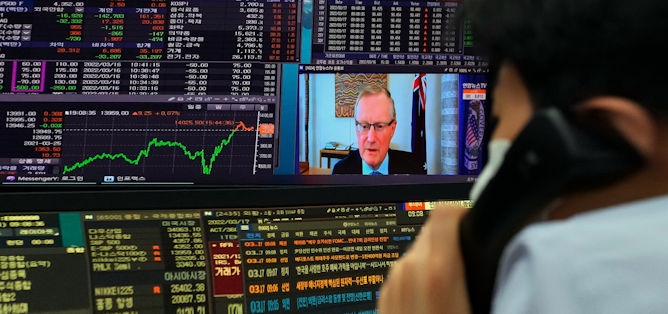
Peter Martin, Crawford School of Public Policy, Australian National University
If financial markets are to be believed, you’ll be paying $1,000 a month more on a $500,000 mortgage by the end of next year. But I don’t think interest rates will go that high – here’s why.
|
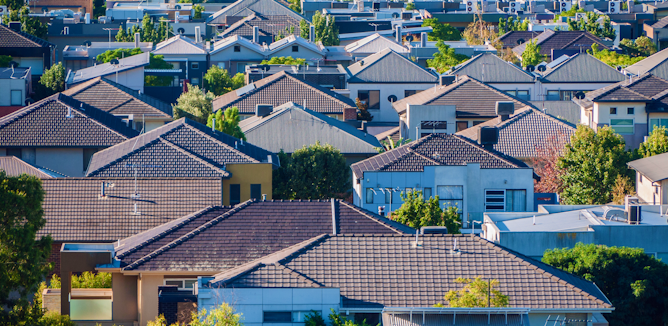
Joey Moloney, Grattan Institute; Brendan Coates, Grattan Institute
The extraordinary increase in house prices and debt means mortgage rates of 7% would be as painful to borrowers today as rates of 17% were decades ago.
|
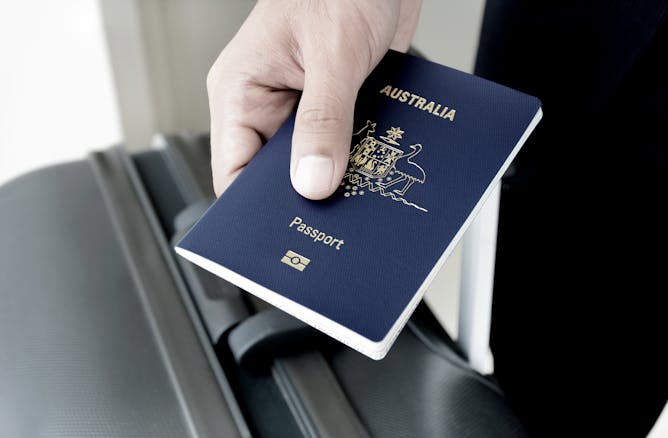
David Lee, UNSW Sydney
The cost of the Australian biometric passport and the rigour involved in obtaining one can be traced to our participation in an international passport system that evolved over the last century.
|
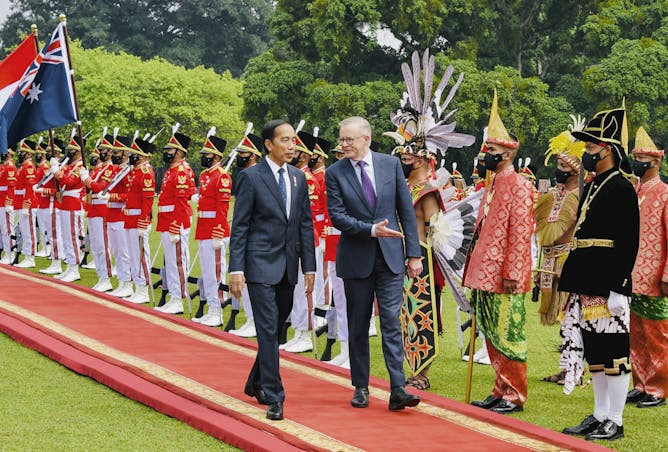
Tim Harcourt, University of Technology Sydney
Australia’s new prime minister has made it clear Indonesia is of utmost diplomatic importance to Australia.
|
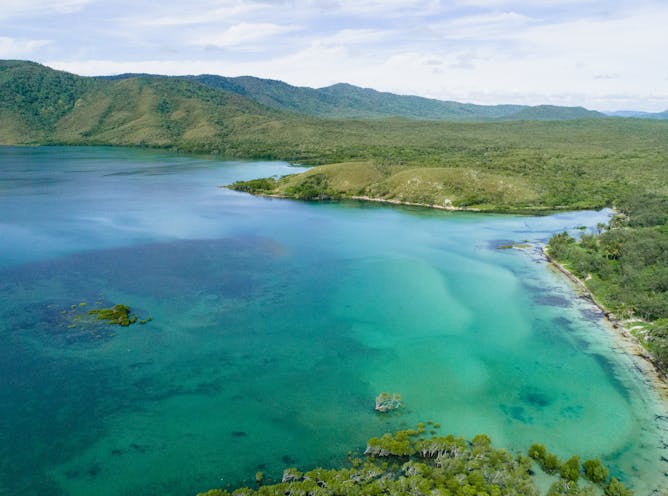
Karin Gerhardt, James Cook University; Jon C. Day, James Cook University; Larissa Hale; Scott F. Heron, James Cook University
Australia’s Traditional Owners have survived climate shifts before. Bringing traditional ecological knowledge in contact with western climate scientists could help First Nations survive this one.
|

Charlotte Phelps, Bond University; Christian Moro, Bond University
You’ve fought over the thermostat in the office right? Here’s why it’s usually women turning it up and men turning it down.
|
Politics + Society
|
-
Michelle Grattan, University of Canberra
Michelle Grattan discusses politics with politics + society editor, Amanda Dunn
|
|
Health + Medicine
|
-
Nicole Sutton, University of Technology Sydney; Nelson Ma, University of Technology Sydney
Only a fraction of aged care homes currently have staffing levels above the new minimum ratios that will be mandatory from next year.
-
Fiona Hutton, Te Herenga Waka — Victoria University of Wellington
Medicinal cannabis products were made legal in New Zealand in 2020. But high costs and widespread reluctance from doctors means many sick people are still accessing cannabis illegally.
-
Nicholas Wood, University of Sydney; Philip Britton, University of Sydney
Doctors don’t know why yet, but COVID infection kicks off an extreme inflammatory response in some children.
|
|
Science + Technology
|
-
Cameron Webb, University of Sydney; Craig Williams, University of South Australia; Larissa Braz Sousa, University of South Australia; Marlene Walter, Walter and Eliza Hall Institute
Tracking mosquitoes is essential to understanding their pest and public health risks. You can help too – here’s how.
|
|
Education
|
-
Pasi Sahlberg, Southern Cross University
The teacher shortage in Australia has reached crisis levels. We will fix this by improving the conditions for existing teachers, not with cash incentives for university students.
|
|
Arts + Culture
|
-
Gregory Camp, University of Auckland
Most of Garland’s films are strikingly void of musical numbers that exist purely for their own sake. Her talents as an actor and singer would shape the movie musical for decades.
-
Marcus Harmes, University of Southern Queensland
From unwrapping parties to grinding-up mummies to make medicine, Europe has a long and strange relationship with Ancient Egyptian remains.
|
|
Books + Ideas
|
-
Joanna Mendelssohn, The University of Melbourne
John Berger’s Ways of Seeing has been described as art history’s equivalent of Mao’s Little Red Book. It changed how we look at art.
|
|
| |
Featured jobs
|
|
|
| |
| |
| |
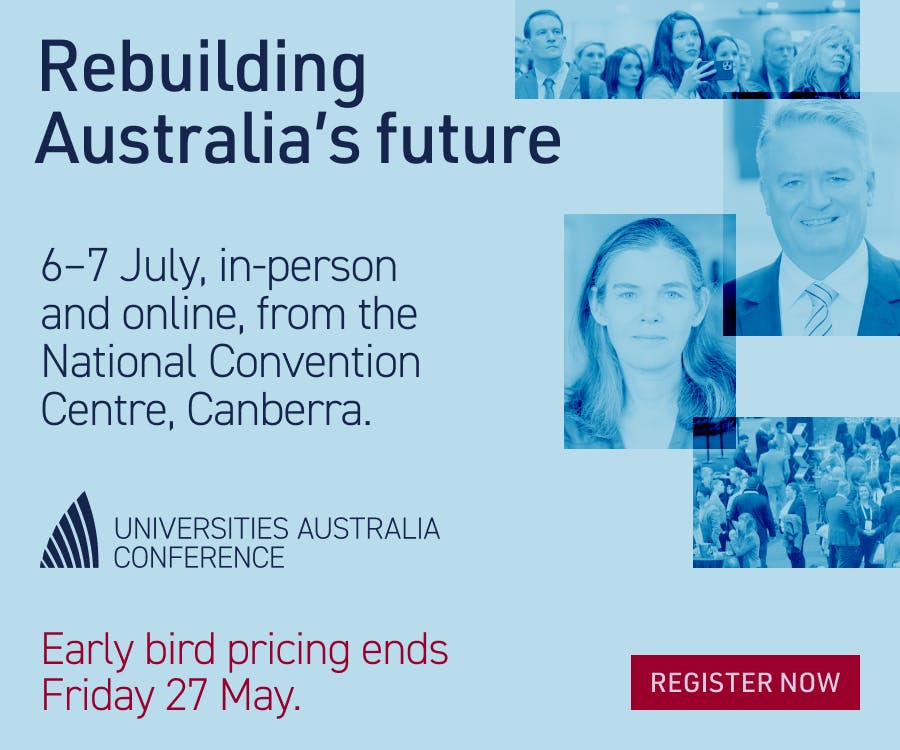
|
| |
| |
| |
Featured Events, Courses & Podcasts
|

|
— Victoria, Australia — The Conversation Weekly Podcast
|
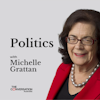
|
— Australian Capital Territory, Australia — Politics with Michelle Grattan
|

|
— Victoria, Australia — Asylum Seeker Resource Centre
|

|
— State Library of Queensland, Auditorium 1 & Online , Brisbane , Queensland, 4101, Australia — State Library of Queensland
|
|
|
|
| |
| |
| |
| |
| |
|
|